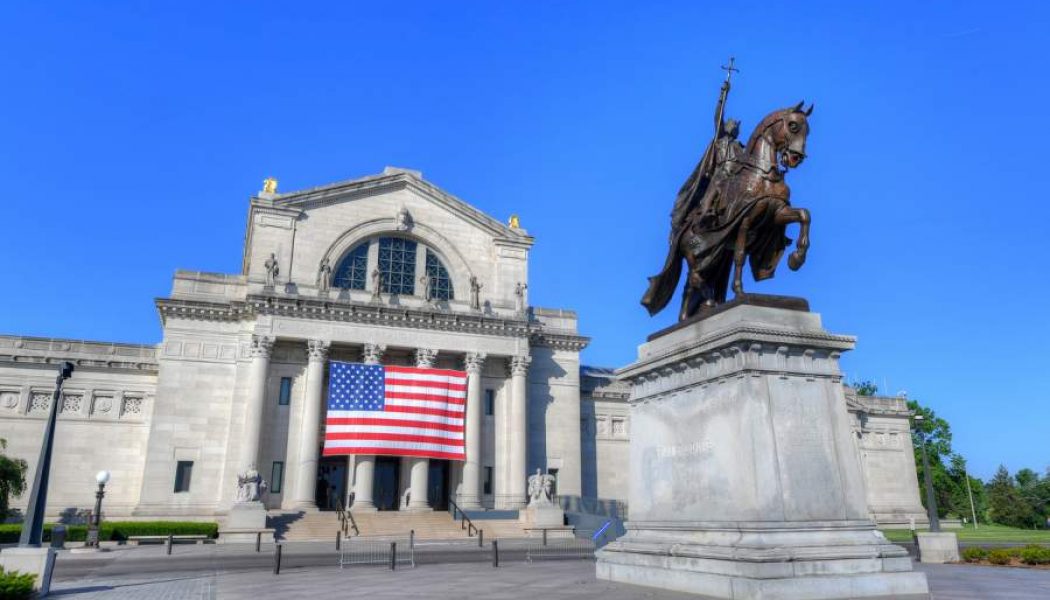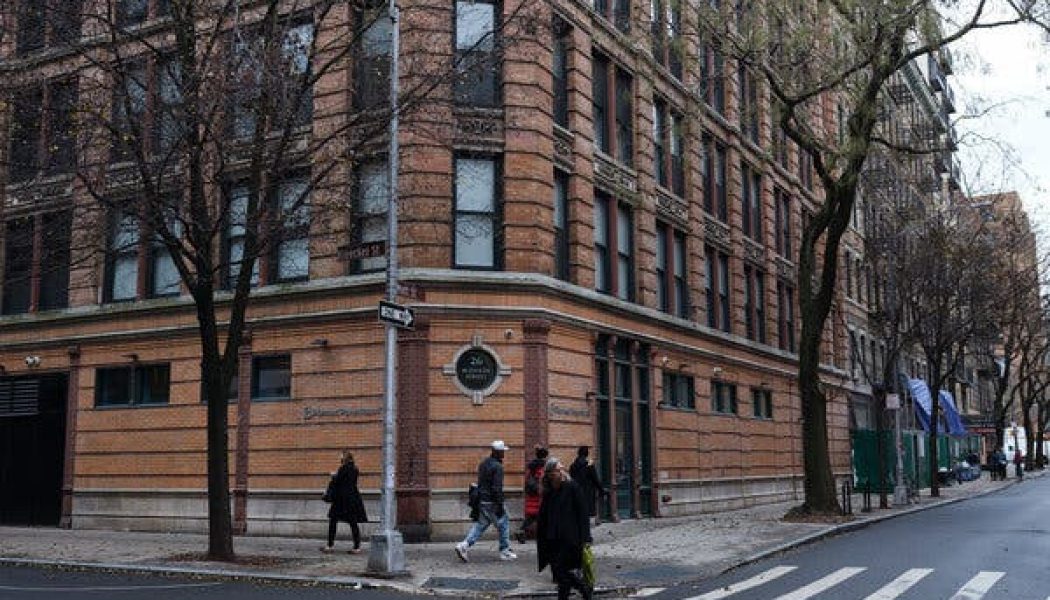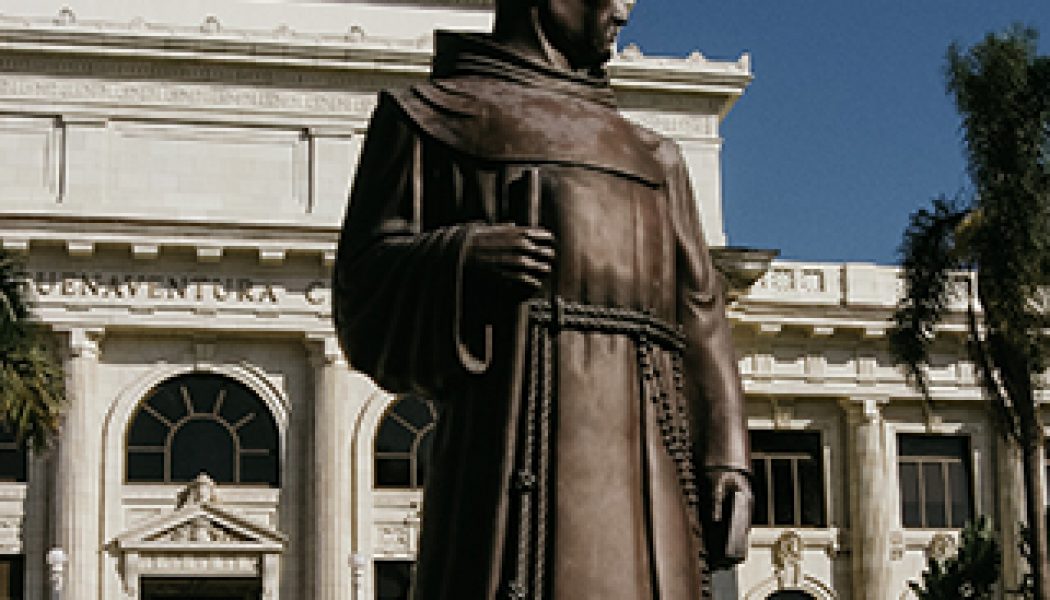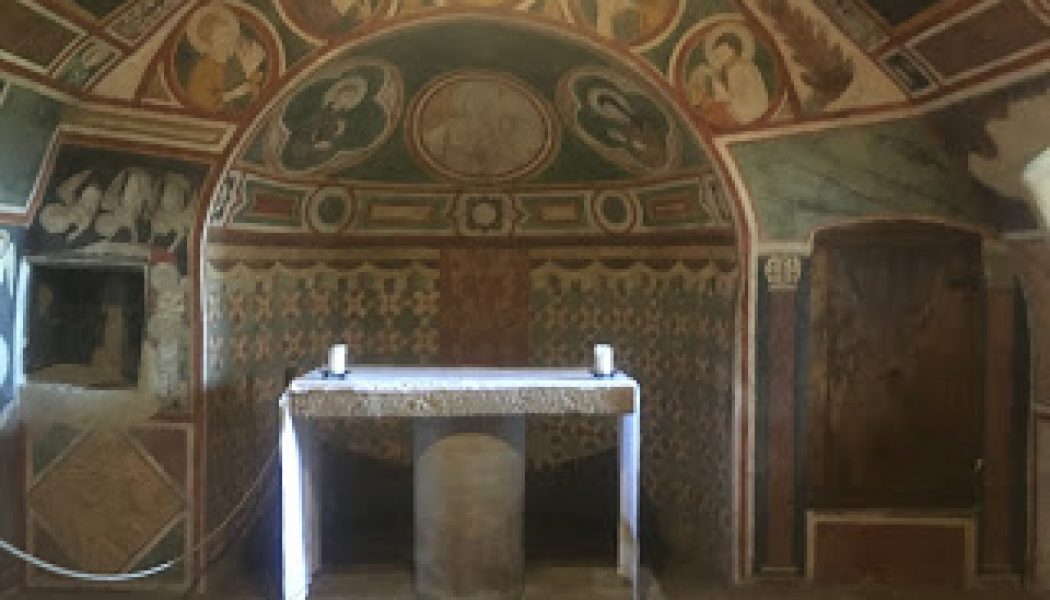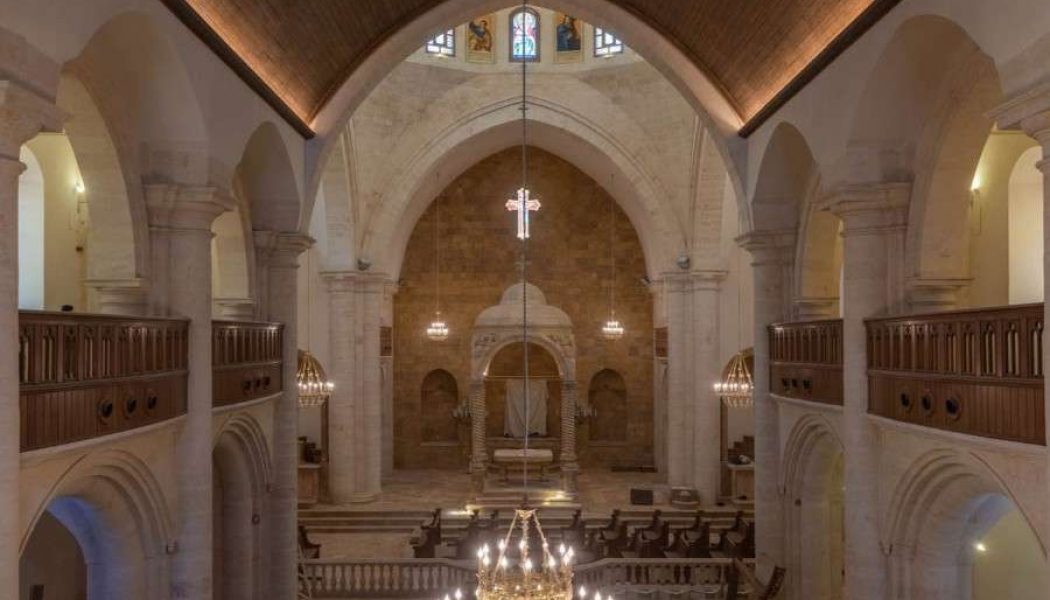Discover
Jesus’ prophetic parables have been proven true. Whoever has ears ought to hear…..
16th Sunday in Ordinary Time Why does Jesus speak in parables? Why does he use symbolic stories to teach about our salvation and the Kingdom of God? One reason Jesus employs parables is revealed by the story arc of Matthew’s Gospel. After being baptized by St. John the Baptist and spending forty days in the desert, Jesus begins preaching and calling his first disciples. Then he proclaims his famous Sermon on the Mount through chapters 5, 6, and 7. As with parables, Jesus’ teachings in that sermon employ images – such as putting a lamp under a bushel basket, or serving two masters at once – but Jesus tends to explain his symbolisms there pretty clearly: your good deeds must shine before others, and you cannot serve both God and wealth. After his great sermon, Jesus works amazing miracles, h...
Michael Hickson’s black life matters. As all lives do…..
(Pixabay) Our grave time for choosing. Michael Hickson should be a household name. From the best I can tell, he was a tender soul. Like many in our country, he contracted COVID-19. Also, like many in our country, he had the disadvantage of living in residential care at the time. He was transferred to a hospital and, by all indications — including a recording of a conversation a doctor had with his wife — was not cherished as a patient with rights and dignity. His cognitive impairment and physical disability marked him, for at least that one doctor, as not having a quality of life worth fighting for. Advertisement It is a miserable story, as these often can be. An accident changes so much. A split develops in the family. A court has to get involved. His wife and the mother of his children n...
How we beat Church-bashing rioters in St. Louis…
As a St. Louis Catholic, I’ve been under attack for weeks. So has my whole community. The cancel mob set its sights on our history and our culture, and it seemed unstoppable. The radical left started by smearing the reputation of the saint after whom our city is named: King Louis IX of France. He reigned from 1226-1270. He was the only ruler of France so exemplary as a Christian that he won the title of “saint.” An Imitator of Christ St. Louis was pious and prayerful from a very young age. Louis went off to pray at Mass in church at least once, sometimes more, each day of his life. As king, he fought tirelessly for the poor of his kingdom. He ended the superstitious practice of trial by ordeal, and instituted the principle of innocent until proven guilty for all citizens of France. H...
Planned Parenthood in New York disavows Margaret Sanger over eugenics…
Planned Parenthood of Greater New York will remove the name of Margaret Sanger, a founder of the national organization, from its Manhattan health clinic because of her “harmful connections to the eugenics movement,” the group said on Tuesday. Ms. Sanger, a public health nurse who opened the first birth control clinic in the United States in Brooklyn in 1916, has long been lauded as a feminist icon and reproductive-rights pioneer. But her legacy also includes supporting eugenics, a discredited belief in improving the human race through selective breeding, often targeted at poor people, those with disabilities, immigrants and people of color. “The removal of Margaret Sanger’s name from our building is both a necessary and overdue step to reckon with our legacy and acknowledge Planned Parenth...
Hagia Sophia: Greek president appeals to Pope Francis to put pressure on Turkey…
Rome Newsroom, Jul 21, 2020 / 08:10 am MT (CNA).- The president of Greece called Pope Francis Monday urging the pope to advocate for the preservation of the status quo regarding Hagia Sophia, which is due to be reverted to a mosque this week. In a phone call July 20, Greek President Katerina Sakellaropoulou told the pope that Turkey’s decision “deeply hurts those who consider this top symbol of Christianity to belong to humanity and the world’s cultural heritage,” according to a statement from the president’s office. She said that the move should be “explicitly and unequivocally condemned” by the international community, and asked Pope Francis to help garner international support so that the Turkish leadership revokes its decision and restores Hagia Sophia to the status of a protecte...
Deepfake video: The speech President Nixon would have given if Apollo 11’s lunar module had crashed on the Moon…
To cleanse the palate, via Scientific American, a phenomenal professionally done deepfake … that’s not quite a deepfake. Deepfakes are when one person’s face is overlaid on another’s. What you’re about to see is called “video dialogue replacement.” If I understand it correctly, original footage of Nixon speaking was run through a computer, the computer learned the different ways that his face contorted as he spoke, then it re-created natural-seeming contortions to sync to an entirely new piece of audio. Which in this case also happened to be fake. A company that specializes in audio mimicry analyzed Nixon’s voice, had an actor read some lines, et voila — soon it had “Nixon” speaking those same lines. The result is a piece of alternate-history voodoo titled “In Event of Moon Disaster,” whic...
Americanism and America…
In 1899, Pope Leo XIII issued an apostolic letter, Testem benevolentiae, in which he expressed concern regarding the development of “those views which, in their collective sense, are called by some ‘Americanism.’”[1] The issue was complicated, but at its root was Leo’s concern that certain American cultural norms—in particular the Protestant privileging of the authority of private judgment and of equality over hierarchy—were infiltrating and corrupting the Church in America. The recent celebration of Independence Day gave occasion to reflect on this issue. Over Fourth of July weekend, I experienced two very different patriotic sermons: one that nearly presented the Founding Fathers as crypto-Catholics, the other that reminded us that while love of country is a virtue, Catholic pa...
This effort to erase the memory of St. Junípero Serra is ridiculous — and more than a little frightening…
I have just received word that, after voting to remove a large statue of St. Junípero Serra that stands in front of their City Hall, the government of Ventura, California (which is in my pastoral region) is now considering removing the image of Padre Serra from the city seal and from the badges of the Ventura police officers. This entire effort to erase the memory of Serra is from a historical standpoint ridiculous and from a moral standpoint more than a little frightening. Let me address the ridiculous side first. To state it bluntly, Junípero Serra is being used as a convenient scapegoat and whipping boy for certain abuses inherent to eighteenth-century Spanish colonialism. Were such abuses real? Of course. But was Fr. Serra personally responsible for them? Of course not. I won’t deny fo...
Dare we go to Mass?
Dare we go to Mass? We are told that somehow not going to Mass in times of crisis is the most responsible and heroic thing we can do. Patronizing authorities assure us that this prevailing premise should not be called into question or else we are labeled fideists. And no one wants to be considered simple minded or fanatical. A host of experts would have us forgo liturgy because the singing might kill us and partaking of the Bread of Life might spread death. When we attend, we are ordered to cringe behind masks, at alienated distance from one another, cow-towing as if we should not be bold in our worship of the Risen Lord. Its Abitene 2020, yet unlike those young African martyrs of early Christianity, our post-modern hearts do not ache with the realization, Sine Dominico non possumus&n...
Why you should buy more books — even if you never intend to read them…..
Lifelong learning will help you be happier, earn more, and even stay healthier, experts say. Plus, plenty of the smartest names in business, from Bill Gates to Elon Musk, insist that the best way to get smarter is to read. So what do you do? You go out and buy books, lots of them. advertisement advertisement But life is busy, and intentions are one thing, actions another. Soon you find your shelves (or e-reader) overflowing with titles you intend to read one day, or books you flipped through once but then abandoned. Is this a disaster for your project to become a smarter, wiser person? If you never actually get around to reading any books, then yes. You might want to read up on tricks to squeeze more reading into your hectic life and why it...
Catholic cathedral in Syria that survived missile attacks reopens after restoration…
CNA Staff, Jul 20, 2020 / 07:00 am MT (CNA).- A Catholic cathedral that was repeatedly struck by missiles amid the Syrian civil war was due to reopen Monday following its restoration. The Maronite Cathedral of St. Elijah in Aleppo was bombarded with missiles on at least three occasions between 2012 and 2016, and suffered extensive damage when jihadists entered the Christian quarter of Al-Jdayde in 2013. The restoration was financed largely by the pontifical foundation Aid to the Church in Need (ACN). In a video message, Thomas Heine-Geldern, executive president of ACN International, described the reopening as a miracle. Explaining that he was unable to attend the reopening due to the coronavirus pandemic, he said: “ACN has been with you throughout the most difficult times, and ...
“I am a Christian” — Say it often, and be prepared to say it when it counts the most…..
Our earliest literary record of Christianity in North Africa is a court record. It is very short and straightforward. On July 17, 180, Publius Vigellius Saturninus, the proconsul of Africa, was saddled with the irksome duty of interrogating a group of seven men and five women from the obscure town of Scilli. They stood before him in Carthage accused of “living as Christians”—literally, “living by the Christian rite” (ritu Christiano…vivere). According to policy set by the Emperor Trajan in 112, this was a capital offense, and the twelve Scillitan martyrs—Speratus (the Christians’ spokesman, perhaps a member of the clergy), Nartzalus, Cittinus, Veturius, Felix, Aquilinus, Laetantius, Januaria, Generosa, Vestia, Donata, and Secunda—were all summarily beheaded. It did not have to end that way...


